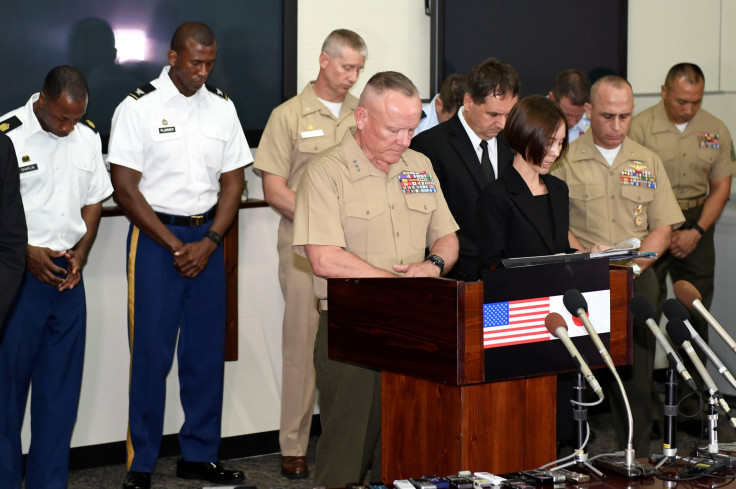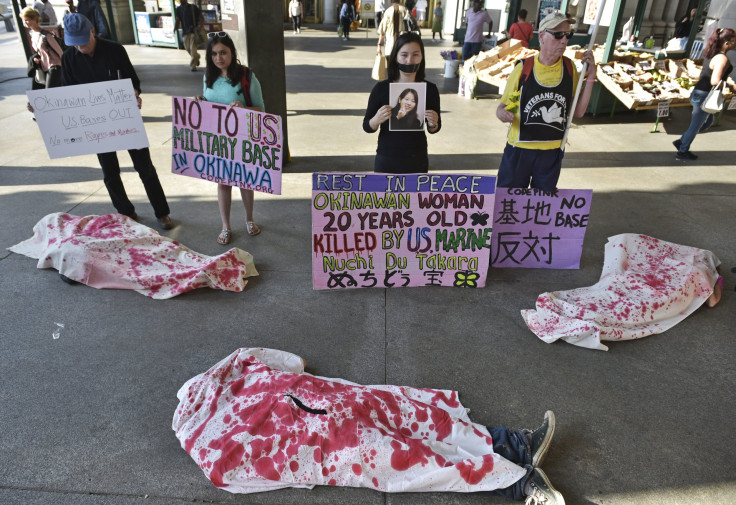US Navy Lifts Alcohol Ban On Its Sailors In Japan

The U.S. Navy announced Friday it was lifting a temporary complete ban on alcohol consumption it had imposed on its sailors posted in Okinawa, Japan, on June 6, following the arrest of a U.S. sailor who injured two people while driving rashly, allegedly under the influence of alcohol. However, there is still a ban in place on drinking outside U.S. military bases, with the exception of private residences off-base.
A statement by the Commander, U.S. Naval Forces Japan (CNFJ), said: “Effective immediately, sailors are permitted to consume alcohol on base or in their own personal off-base housing units. The temporary off-base alcohol restriction remains in effect. Personnel located in Okinawa will continue to follow the provisions of the Period of Unity and Mourning in effect there.”
The statement also urged civilian employees and contractors of the Navy, and their family members, to refrain from consuming alcohol off-base in solidarity with the uniformed personnel.
The Navy had declared a 30-day period of unity and mourning on May 27 in response to two recent criminal cases — sexual assaults and in one case, murder — involving U.S. service members. The “modified liberty regulation” put in place at the time included night-time curfews and a prohibition on purchase or consumption of alcohol outside U.S. bases on the island of Okinawa, which is home to more than half of the approximately 50,000 U.S. military personnel stationed in Japan.
After the June 6 incident, the prohibition on drinking was extended to the bases as well.

Rear Adm. Matthew Carter, CNFJ, said in the statement: “The temporary restriction on alcohol was not intended to be a punishment, nor was it ever intended to be permanent. We took this pause to train and reflect on the dangers of alcohol abuse. We must all be on the lookout to step in before alcohol-related incidents jeopardize our relationship with Japan.”
Restrictions on the movements of sailors were eased on June 10, according to CNFJ’s Facebook page. The Navy has about 18,000 sailors stationed in Japan.
Okinawa’s governor and a large part of the island’s population want the U.S. forces off the island altogether, and have frequently protested plans to relocate the U.S. Marines’ Futenma air base to another part of the island. The relocation plan was announced in 1995 after widespread protests against the gang-rape of a 12-year-old schoolgirl by U.S. military personnel.
© Copyright IBTimes 2024. All rights reserved.




















